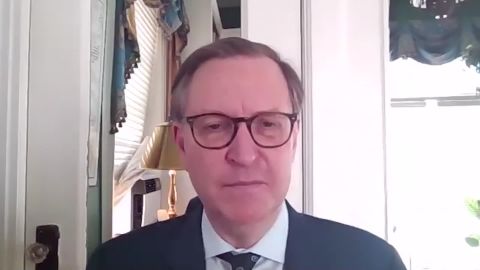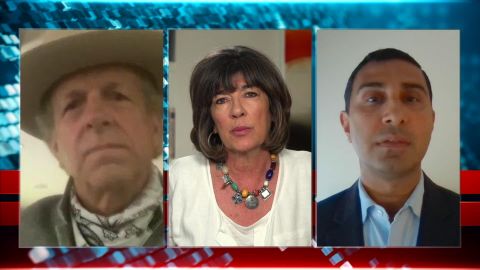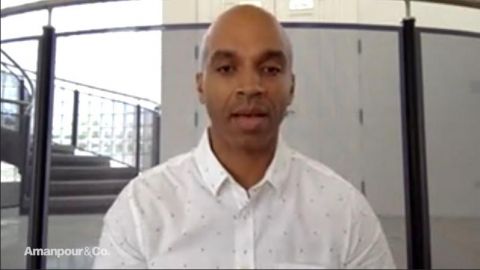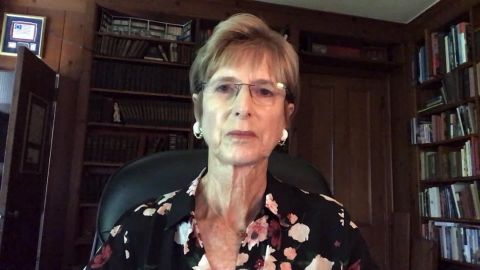Read Transcript EXPAND
CHRISTIANE AMANPOUR: Can I just ask you whether you agree with the premise that in your area of work, which is climate, you see this plus, you know, the pandemics sort of creating an opportunity, perhaps once in a lifetime opportunity, for real serious addressing these issues?
CHRISTINE TODD WHITMAN, FORMER ADMINISTRATOR, U.S. ENVIRONMENTAL PROTECTION AGENCY: I do. And I see it on both sides. I’ve seen it in the polls that are actually pretty impressive. I mean, a Pew research poll showed that 89 percent of Republicans, mind you, this is Republicans, believe that there was a problem. We needed to do something about it. They wanted to plant a lot of trees, which is one but just a little bit, but you had over a 50 percent who said tax of carbon producing businesses. So, there’s an appetite there now that we didn’t have before, and I think it does give us an opportunity to take some of these steps that are necessary to address the issue.
AMANPOUR: And let me ask you about whether you also think there is a link between climate and the worst effects of it and minorities, certainly the black community in the United States, certainly the minorities here and elsewhere. Let me just read what the climate assessment, the latest one said, people who are already vulnerable including lower income and other marginalized communities have lower capacity to prepare for and cope with extreme weather and climate-related events. Also, we know that people in low socioeconomic brackets sometimes live closest to the dirtiest parts of their cities and towns. What — where is — do you see that link and whether that, at this moment, can be exploited for better change?
WHITMAN: Absolutely. I mean, there is no question about it, and you’re seeing that relationship between increased temperatures and low birth weight babies, premature babies, babies that have problems, ongoing problems. And of course, as you said, in many of the low-income communities, they don’t have access to a cool place, they may not have air- conditioning, they may be in slightly overcrowded conditions. And so, they are in — and particular, this study showed amongst people of color, this was one of the huge issues. So, there is no question. All of this has come together to show that there is a real split here between society, white and brown and black. There’s just no question. The economic divide has been pushed out, so people can’t deny it anymore and the inverse impact that climate has. And as people watch — we always know that people watch the news or the weather as much as anything else, I’m sorry to say it, but they’re fascinated by that because it affects them greatly. And so, they’re watching with great interest the Sahara dust bowl that is moving now across the country. And yet, they don’t — they’re starting to make that connection. Well, if that can move, then temperatures can move, then the climate is interrelated, and I think they’re ready to take some action.
About This Episode EXPAND
Christine Todd Whitman, former governor of New Jersey, discusses the climate crisis and the upcoming presidential election. Faiz Shakir and Mark McKinnon analyze interesting trends from last night’s Democratic primaries. Columbia economist Glenn Hubbard explains what a successful economic recovery must look like. Artist Kadir Nelson explains the inspiration behind his pieces.
LEARN MORE



